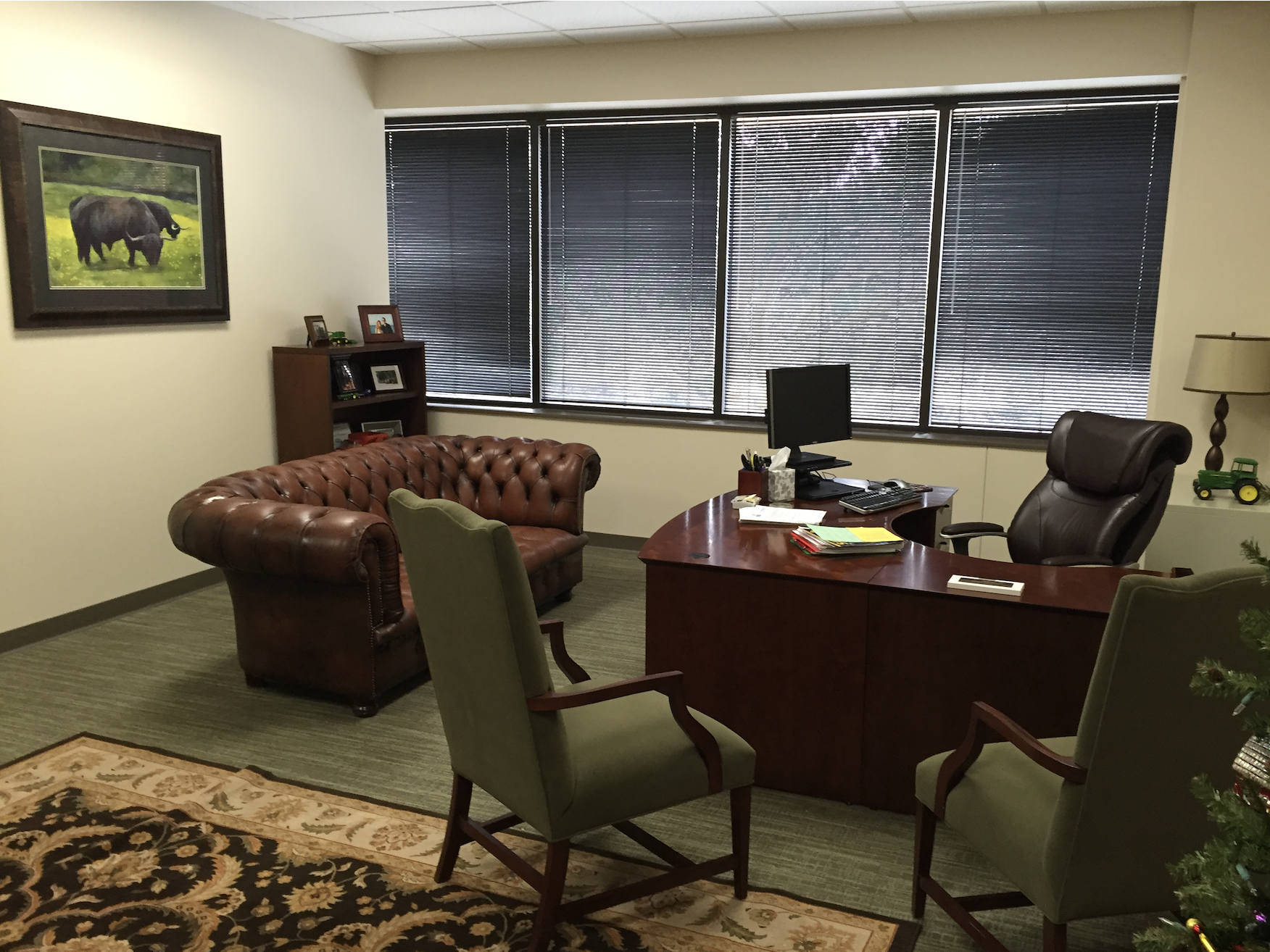Two Recent Court Decisions Impact the Indiana Livestock Industry
/Over the last week, we have received two decisions from different Indiana courts which give some direction to those of us who work with the livestock industry. We wanted to share those decisions and their main takeaways with you.
Objection to Construction Approval for CFO Farm ID 6959, Broshears Farm (Feb. 9, 2018). The Office of Environmental Adjudication (OEA) rejected two neighbors' appeal of a hog farm CFO permit approval. There are three takeaways from this decision:
First, the judge ruled that speculation a CFO will violate its permit terms is not enough to overturn an approval. It matters not that a manure runoff might occur if something goes wrong, only whether the facility is properly designed.
Second, the judge held the neighbors did not introduce any evidence the integrator should have been listed on the application as a "responsible party." This helps provide clarity for identifying who is, and is not, a responsible party for future applications.
Finally--and most importantly--the judge considered whether the CFO, which is designed to be located 100 feet from a potential wetland, met the alternative design compliance approach in 327 IAC 19-5. A berm will be installed to divert clean surface water run off for at least linear 300 feet before such water enters the potential wetland area. The judge ruled there was no evidence the berm, as an alternative compliance approach, did not satisfy IDEM 300 feet setback requirement.
Petitioners have 30 days to appeal. A copy of the decision is available here.
Himsel et al. v. Indiana Pork Producers, et al. (Feb. 14, 2018). On Valentine's Day, the Court of Appeals issued an order upholding an attorneys' fees award against Plaintiffs in the Himsel case. Plaintiffs are represented by Hoosier Environmental Council. The Plaintiffs had served overly broad, burdensome, irrelevant discovery requests on Indiana Pork Producers and Livestock Engineering Solutions, neither of which was a party to the pending lawsuit against the producer. In response, these "Non-Parties" produced some relevant documents but refused to produce the vast universe of requested documents which were unrelated to the farm at issue, were already publicly available, and created an enormous burden.
The Plaintiffs moved the court to compel the Non-Parties to produce these documents. The trial court denied Plaintiffs' motion to compel and awarded some (but not all) of the attorneys' fees and costs the Non-Parties had incurred fighting against the overly broad discovery requests. Plaintiffs appealed to the Court of Appeals, which upheld the trial court's decision, including its attorneys' fees award in favor of the Non-Parties.
Plaintiffs now have 30 days to file a petition to transfer to the Indiana Supreme Court. A copy of the Court of Appeals' decision is located here.



